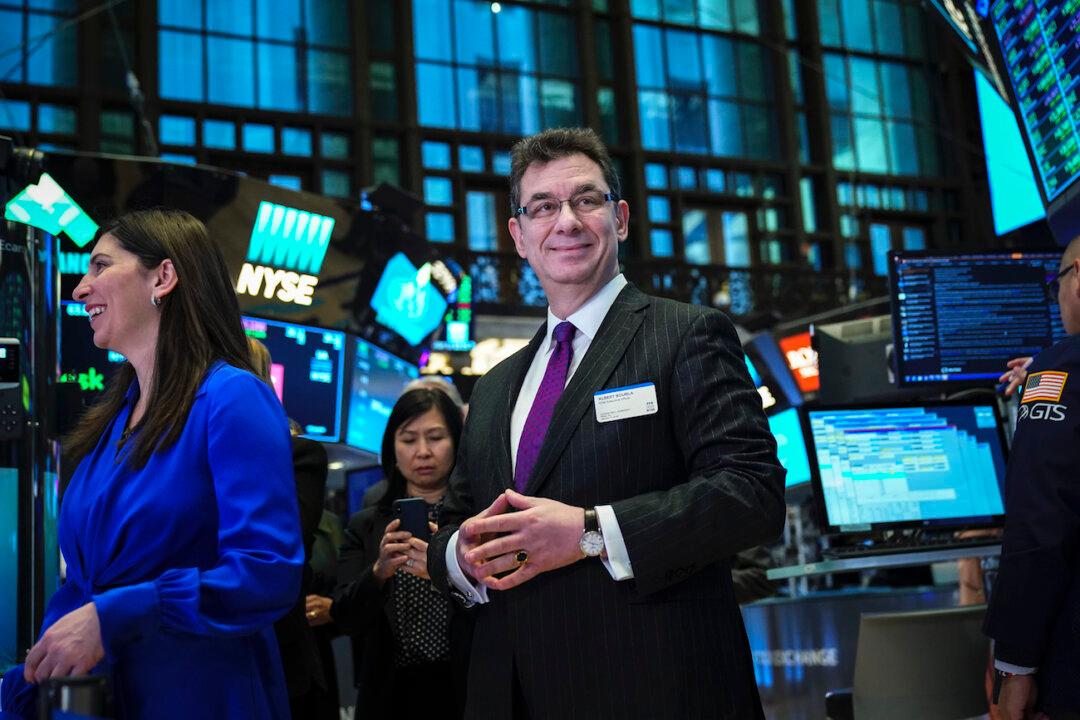Albert Bourla, the CEO of Pfizer, said a COVID-19 vaccine that specifically targets the Omicron variant of the virus as well as already circulating variants “will be ready in March.”
“This vaccine will be ready in March. I don’t know how if we will need it, I don’t know how it will be used, but it will be ready, and in fact, we [are] already starting manufacturing some of these quantities at risk,” Bourla told CNBC on Monday.




